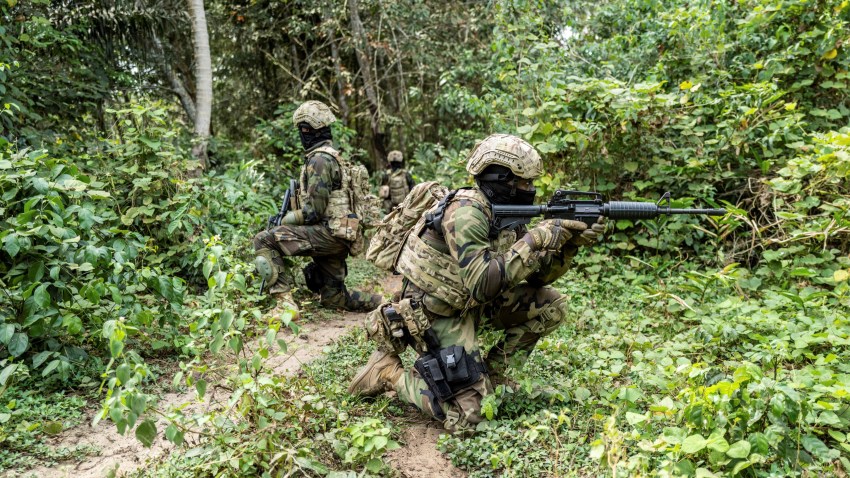Last month, Islamist fighters attacked a military post in Togo, killing eight soldiers and wounding 13 others. Benin has experienced at least nine recorded attacks attributed to Islamist militant groups in its borderlands since December 2021. And in a February incident in Benin’s northern tripoint area bordering Niger and Burkina Faso, a patrol team struck several improvised explosive devices, killing eight people, including four Beninese park rangers.
The attacks point to a trend in recent years in which militant Islamist groups in the Sahel subregion of West Africa have increasingly targeted littoral countries to the south.
That wasn’t supposed to happen. At the outset of the insurgencies that have undermined security in the Sahel over the past decade, there was widespread agreement that the violence would have significant socio-economic, political and humanitarian ramifications for the subregion’s countries. But many observers believed that the threat posed by militant Islamist organizations, criminal networks and other armed groups would remain confined to the Sahel, without expanding southward toward the Gulf of Guinea. Coastal West Africa, including the littoral regions of Nigeria, Benin, Togo, Ghana and Cote d’Ivoire, was presumed to be safe from the expansion of violent extremist organizations.

